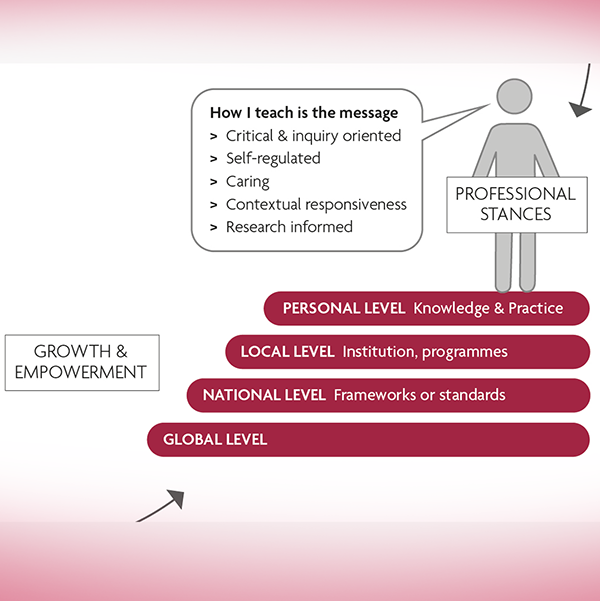Teacher’s Profession is (Still) Attractive in Finland

Identifying School-Based Teacher Educators’ Professional Learning Needs: An International Survey
December 13, 2023
‘So how do you feel that lesson went?’ Patterns of discursive interaction in post-lesson debriefs
January 15, 2024Teacher’s Profession is (Still) Attractive in Finland

In Finland, the teacher’s profession is still very attractive and teacher education is highly competed field of study. In 2023 at the University of Helsinki, only 10% of the applicants were accepted to primary school teacher education programme and only 4% of the applicants were accepted to special education teacher education programme. Neither has the situation changed very much during the years, but instead the teacher’s profession seems to hold high status and appreciation among the Finnish people. However, during the last few years, the media has brought up constantly issues that paint a negative picture of schools and teachers work. This will eventually affect also on the public image and further on, the future applicants and students who are considering teacher education. Obviously, the picture that the media shows us is not false, but it is not the only truth, and it is only a partial truth. Still, at the moment, we are not seeing any clear change in the attractiveness of the teacher’s profession, luckily (so far).
Internationally this is exceptional and interesting. Some explanations could be the history of valuing education in Finland, the pedagogical autonomy and the trust the teachers have in Finland, as well as university level, research-based teacher education.
Finland has had a strong belief in the power of education. Teachers were traditionally considered as valued, important, and knowledgeable members of the community, who were also held against high moral standards. They are still considered as highly educated, valued professionals. We often say that we have a culture of trust in Finland. This means that the Finnish parents (or guardians) trust the teachers. The trust is not only shown from bottom up (ie. from the homes to the teachers). We also have pedagogical freedom or autonomy in the teachers’ work, which proves that we have trust from top down. We do not have school inspections or ranking lists or even standardized tests. Teacher education programmes are at the universities, which are autonomous.
Teacher education has long tradition being university level, research-based education. The Finnish teachers graduate with a five-year master’s degrees, which is a qualification requirement for a teacher’s profession. They are educated as inquiry-oriented teachers among with other skills and knowledge. The 50 years of research-baseness has rooted in the Finnish education system in such a way that we cannot imagine having any other way of educating our teachers.
However, the research-baseness has been critiqued recently, as well as how it is applied to teacher’s work in reality. Theory-practice gap or integration is problematic in the teacher education and the teachers do not necessarily use their inquiry-skills in their everyday work. Still, I strongly believe, that research-based teacher education succeeds in educating teachers who are capable of (critical) thinking, analysing, interpreting research results, as well as making and justifying their decisions. In Finland (luckily) all of that is also within the teachers’ rights, as well as, to a great degree, their responsibilities.
We cannot foresee the future whether this ethos of trust and valuing teachers and teacher education will last in Finland. Some worrying trends are emerging, and the constant negative media attention to schools and day care centres bothers our students. Hopefully we will be able to keep the attractiveness of the teachers’ profession high.
Still, it is a privilege to work in research-based teacher education in Finland.
References
Niemi, H., & Lavonen, J. (2020). Teacher Education in Finland: Persistent Efforts for High-Quality Teachers. In L. Lefty, & J. W. Fraser (Eds.), Teaching the World’s Teachers (pp. 153-178). Johns Hopkins University Press.
Tirri, K., & Toom, A. (Eds.). (2020). Pedagogy in Basic and Higher Education – Current Developments and Challenges. IntechOpen. https://doi.org/10.5772/intechopen.83007.




